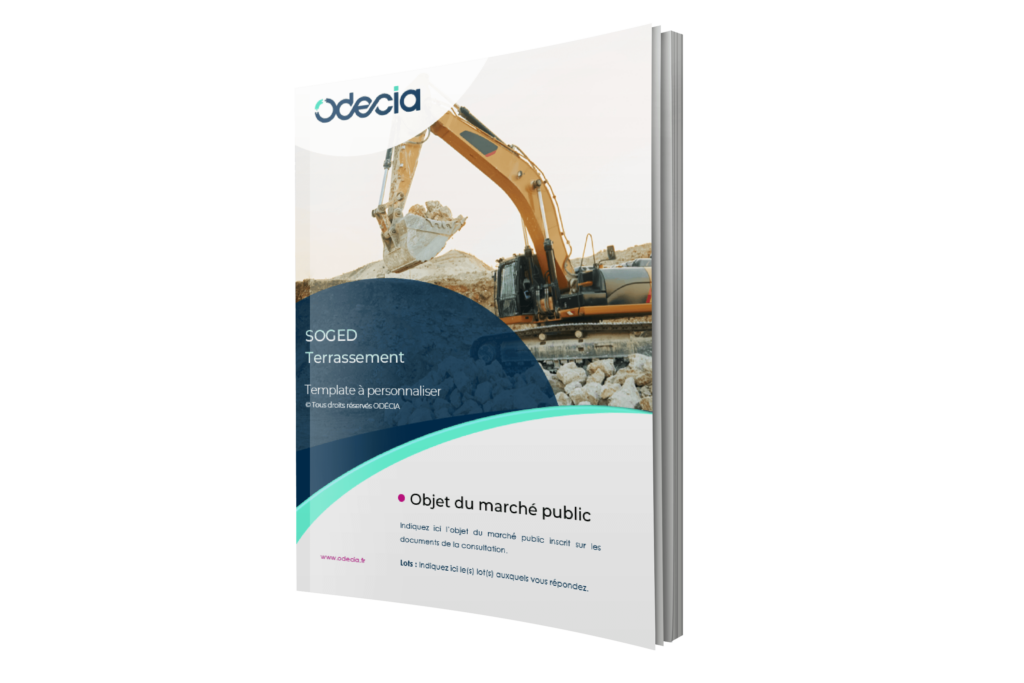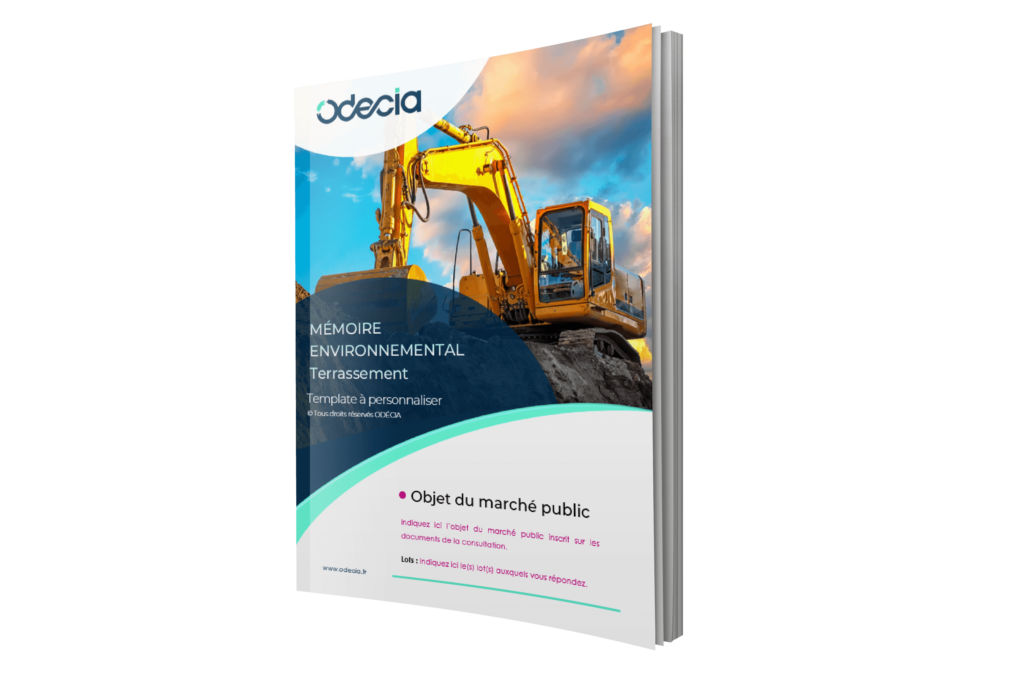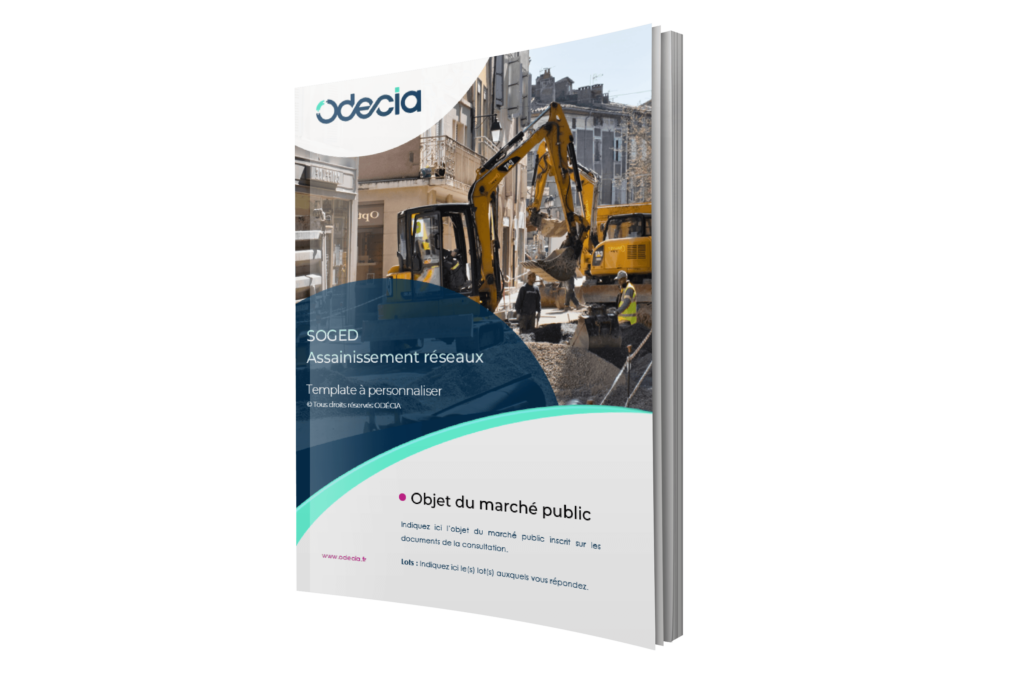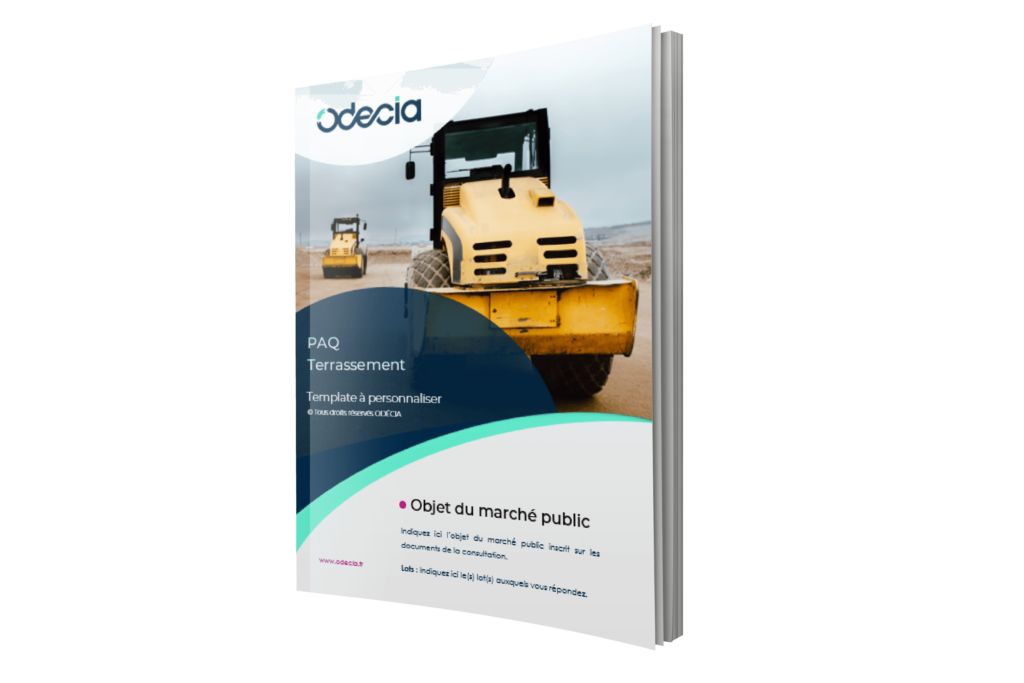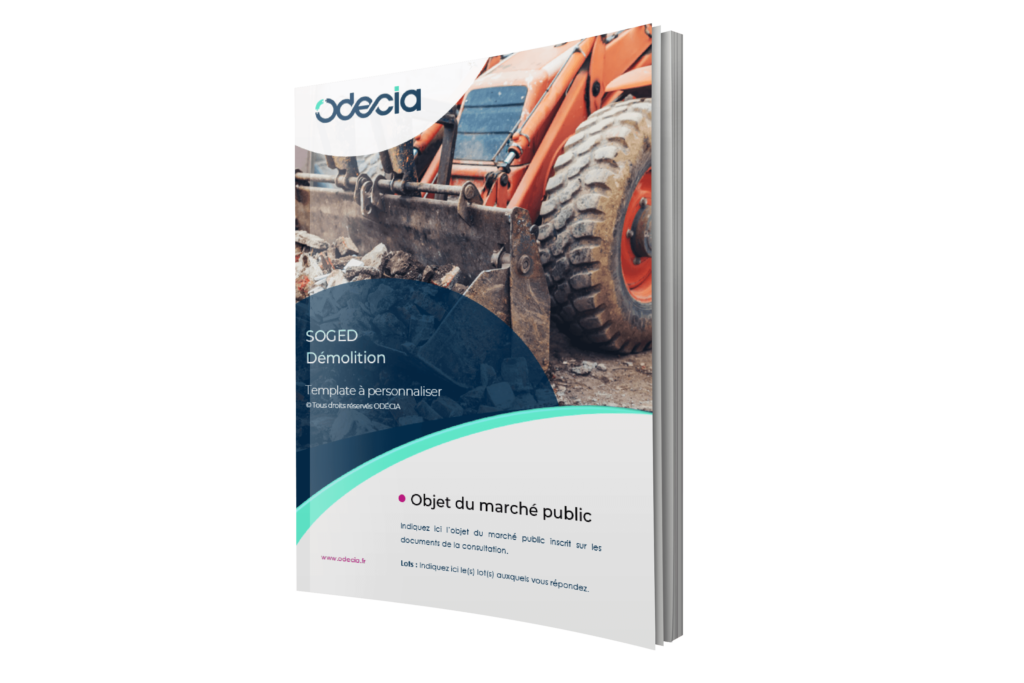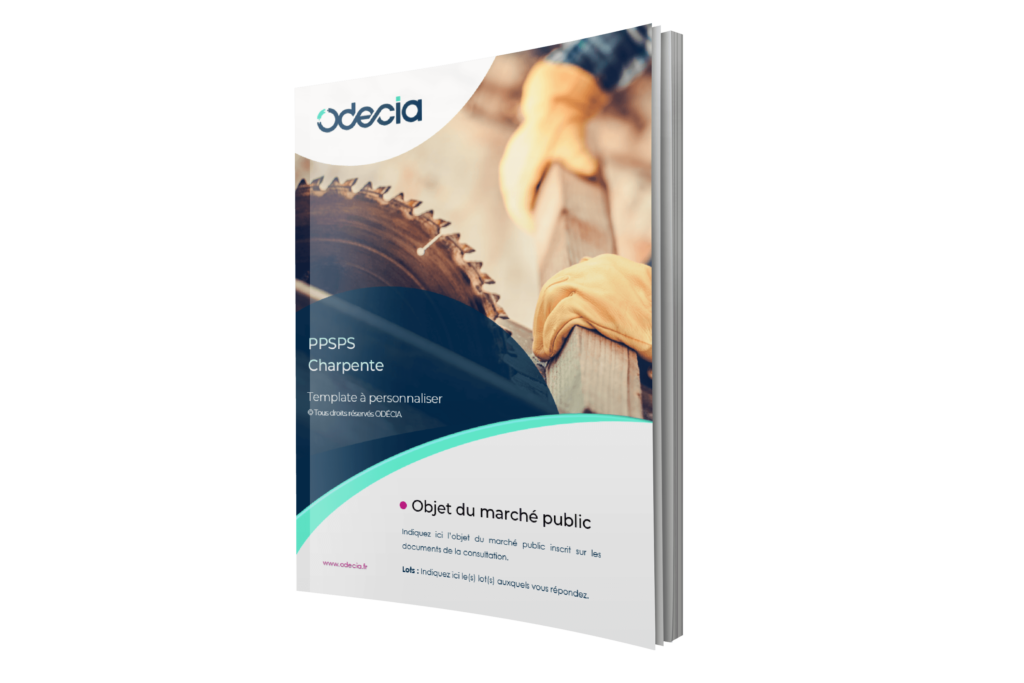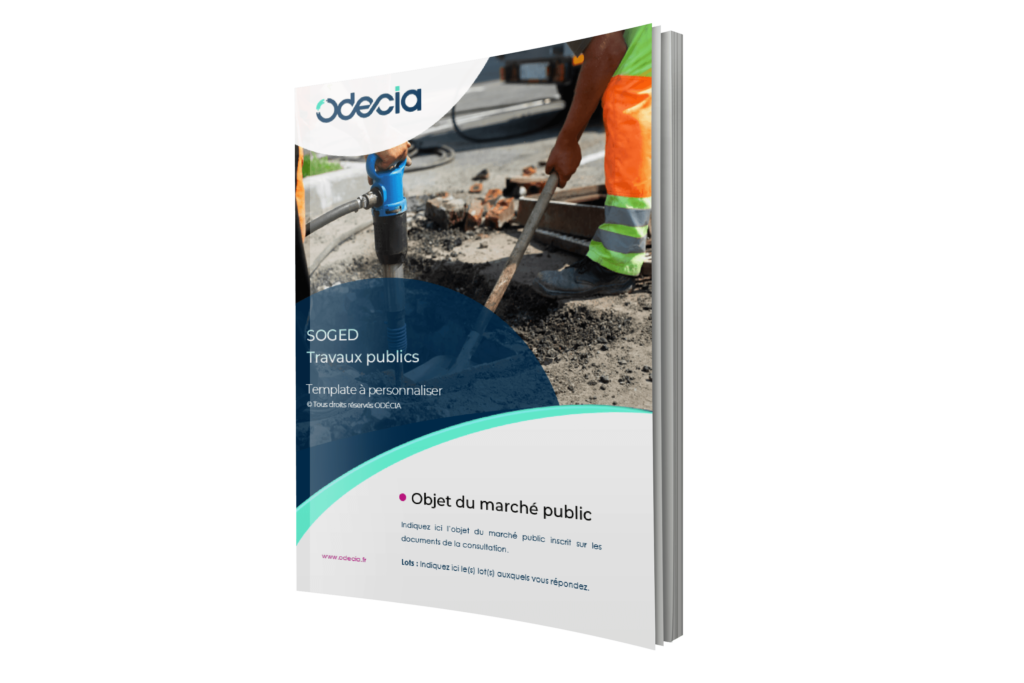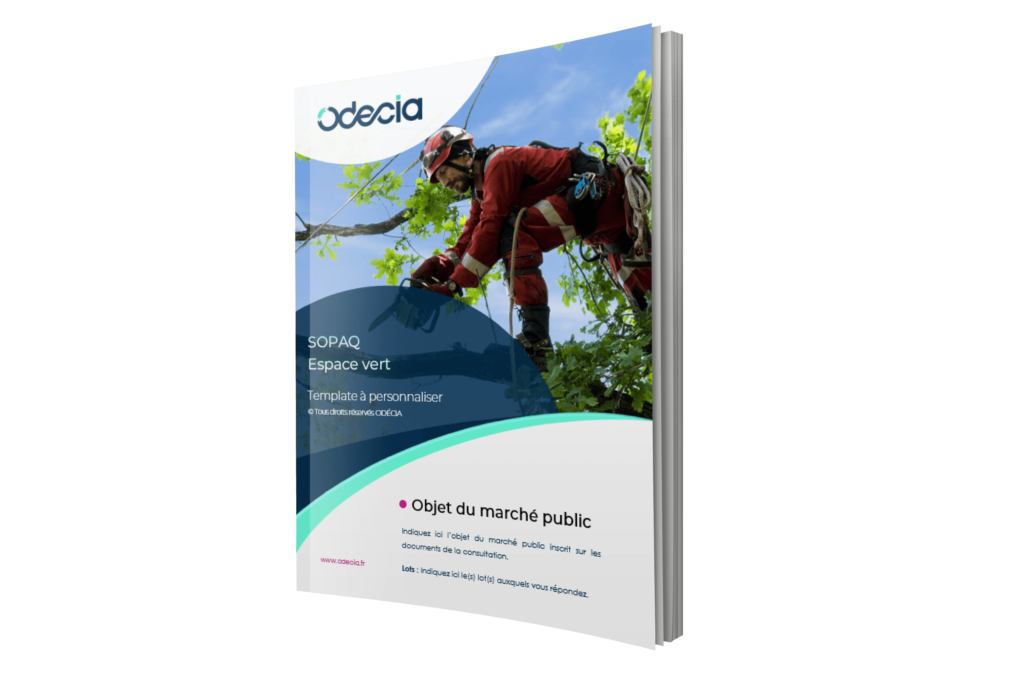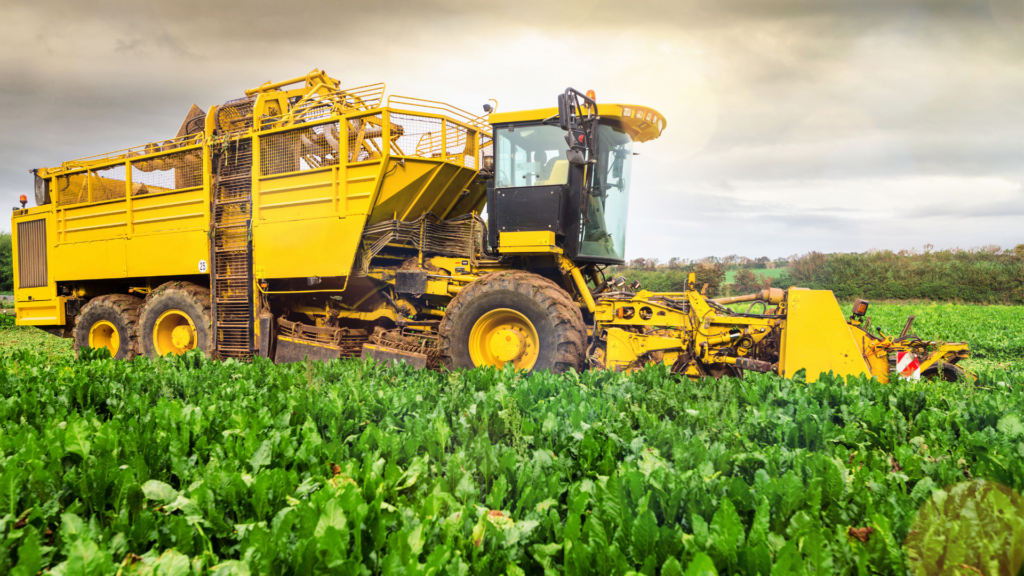Page De Garde Bepa Travaux Agricoles Et Conduites D'engins

Okay, picture this: me, staring blankly at a Word document, about to faint from overwhelm. Pourquoi? Because I needed to whip up a page de garde, a freaking cover page, for my Bepa Travaux Agricoles et Conduites d'Engins report. Bepa what now? Yeah, I know, try saying *that* five times fast. Basically, it's a vocational diploma in agricultural work and operating farm machinery. Fancy, huh? And the cover page? Apparently, it couldn’t just be any old cover page. Non, non, non. It needed to be… *juste parfait*.
Sound familiar? Maybe you're in the same boat! Fear not, my friend. We're going to decode this "page de garde" business together. You've probably been there yourself: a specific requirement, a slightly obscure term, and the pressing need to deliver.
What's the Deal with this "Page de Garde," Anyway?
So, what exactly *is* a "page de garde"? Think of it as the first impression of your report. It's like the cover of a book - it needs to be attractive, informative, and give the reader a clear idea of what they're about to dive into. In the context of your Bepa Travaux Agricoles et Conduites d'Engins (deep breath!), it's particularly important. Why? Because it shows you understand the professionalism required in the agricultural sector. (Yes, even in tractor driving, appearances matter!).
Key elements usually found on your cover page:
- The name of your institution (e.g., Lycée Agricole de…)
- Your name (obviously!). Try not to mess that one up.
- The title of your report (be specific! "Rapport de Stage" is a start, but "Rapport de Stage sur la Culture du Maïs et l'Utilisation d'un Semoir Pneumatique" is much better).
- The type of report it is (e.g., "Rapport de Stage," "Mémoire").
- The date of submission.
- The name of your tutor or supervisor.
- Maybe a logo of your school or company.
Important Note: Check with your school or training center! They almost certainly have specific guidelines or a template you *must* use. Don't go rogue and invent your own artistic masterpiece if they want something standardized. Trust me on this one. Saved me some headaches (and grumpy teachers!).
Conduites d'Engins: Show Off Those Skills!
Given that your Bepa focuses on "conduites d'engins," or operating machinery, it might be a good idea to subtly incorporate that into your cover page. No need to glue a miniature tractor on there (please don't!), but consider these:
- The Image: If allowed, choose an image that reflects your work. A photo of you operating a piece of equipment (safely, of course!), a field you worked on, or the farm itself.
- The Title: As mentioned before, be specific. If your report focuses on the maintenance of a specific type of tractor, say so!
Don't just say "I drove a tractor." Say "I performed routine maintenance and operational checks on a John Deere 7810 tractor, including…" You get the idea. Details demonstrate knowledge. And in the agricultural world, where precision is key, detail is *everything*.
A Little Advice (From Someone Who's Been There)
Okay, so you’ve got the basics. But here are a few extra tips to really nail that "page de garde":
- Keep it Clean: Avoid clutter. A simple, well-organized design is far more effective than a chaotic explosion of fonts and colors. (Unless your teacher specifically asks for that, in which case…good luck!).
- Use a Template (If Possible): Seriously, don't reinvent the wheel. If your school provides a template, USE IT.
- Proofread! Proofread! Proofread!: Nothing undermines your hard work like a glaring typo on the very first page. Get a friend to check it over too. Fresh eyes catch mistakes you might miss.
- Ask Questions: If you're unsure about something, ASK! Your teacher, your tutor, even a classmate. It's better to clarify than to make assumptions.
And there you have it! Hopefully, this has demystified the "page de garde" and given you some confidence to create a cover page that will impress your examiners. Bonne chance!

